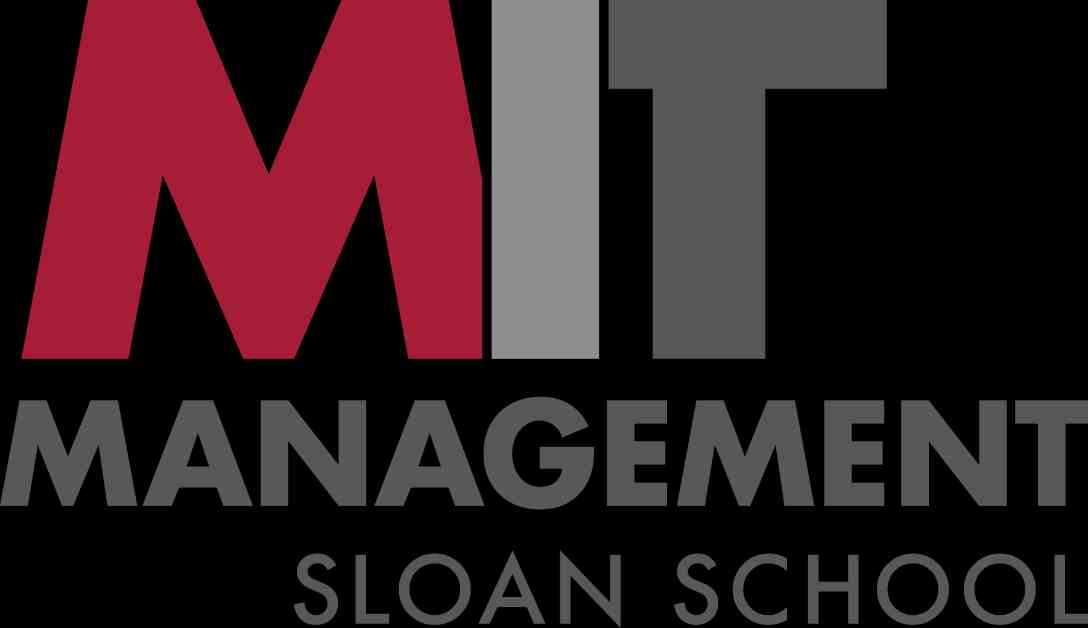Generative AI, a cutting-edge technology that is rapidly transforming various industries, presents a unique challenge when it comes to upskilling senior professionals. Contrary to common belief, junior professionals, despite their familiarity with experimenting with new technologies, may not be the best source of expertise for senior professionals looking to navigate the complexities of generative AI.
A recent study conducted by MIT Sloan School of Management professor Kate Kellogg and her team, in collaboration with Boston Consulting Group, sheds light on the obstacles associated with older workers rapidly upskilling themselves in generative AI. The study challenges the notion that junior workers are the go-to experts for emerging technologies like generative AI, highlighting the potential risks that come with relying on their expertise.
One of the key findings of the study is that junior professionals, who are often more hands-on with new technologies, may lack a deep understanding of generative AI’s capabilities. While they may focus on mitigating risks through changes to human routines at the project level, they may overlook broader system design considerations that are essential for effectively harnessing the power of generative AI.
The researchers interviewed junior consultants with limited experience in using generative AI, who highlighted concerns from senior managers about the accuracy, explicability, and relevancy of the outputs generated by the technology. To address these challenges, juniors suggested implementing changes at the project level, such as having managers review their prompts and responses, rather than considering system-level interventions.
However, the study emphasizes that relying solely on junior staff to teach senior professionals about generative AI poses more risks than rewards. Senior professionals need to move beyond local experiments and embrace a broader approach that considers all risk factors involved in transitioning to these advanced technologies. This includes making changes to system design, setting up automatic monitoring systems, and designing generative AI platforms to prioritize user goals and preferences.
In conclusion, while rapid experimentation and learning are crucial for mastering generative AI, there are no shortcuts when it comes to upskilling senior professionals. Organizations must take a comprehensive approach to implementing generative AI practices, focusing on system design, data quality, and risk mitigation at both the project and firm level. By addressing these challenges head-on, businesses can unlock the full potential of generative AI and drive innovation in the ever-evolving digital landscape.














